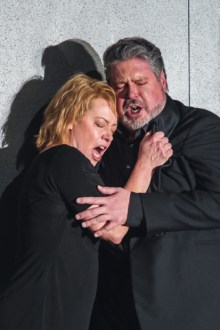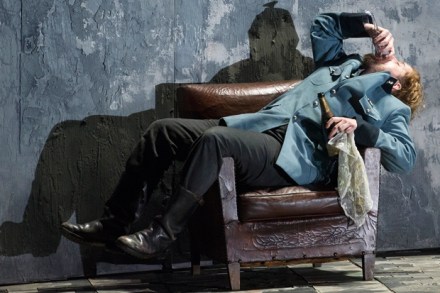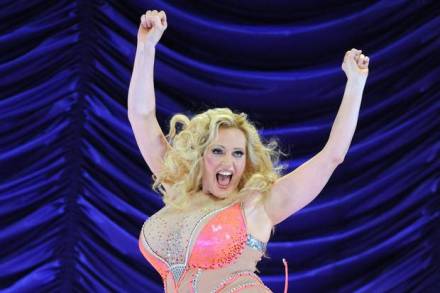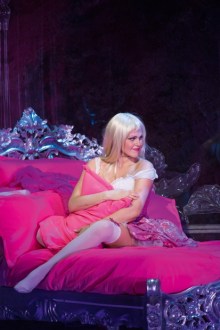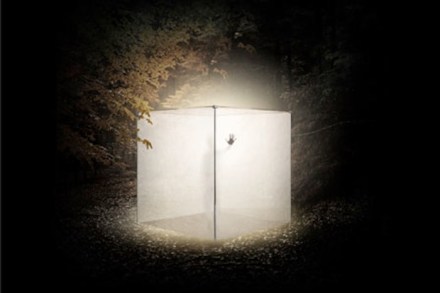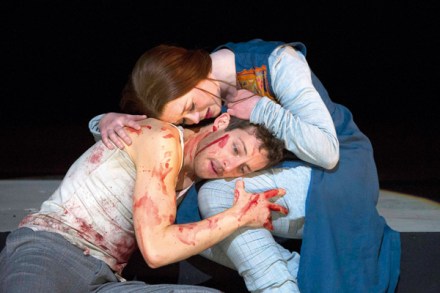Royal Opera’s Tristan und Isolde: an absurd production – but still a magnificent night
Any adequate performance of Tristan und Isolde, and the first night of the Royal Opera’s production was at least that, leaves you wondering what to do with the rest of your life, as Wagner both feared and hoped it would. What Tristan does — one of the things — is to present an image of romantic love, in both its torments and its ecstasies, which makes everything else seem trivial; and at the same time to undercut that image by asserting the claims of ordinary life, but in the subtlest way. So, however swept away one is by the agonies of Tristan in Act III, and the raptures of the
